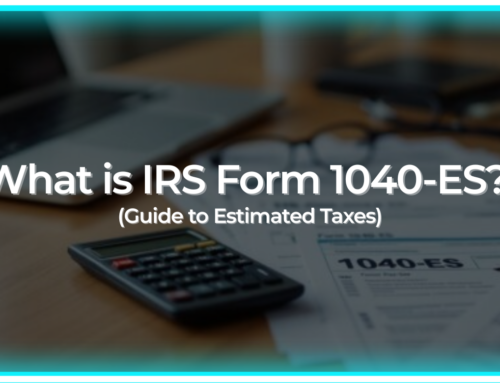Hi, I’m Bette Hochberger, CPA, CGMA. In the fast-paced world of business, keeping track of your financial transactions might seem like a tedious task, but it’s the basis of long-term success. Whether you’re an individual or a business owner, effective bookkeeping is an important practice that provides you with a clear financial roadmap and ensures you’re making informed decisions.
In this blog, I’ll discuss the significance of bookkeeping and how it can contribute to your financial well-being and enduring prosperity. Let’s go ahead and jump in!
Understanding Bookkeeping: Beyond Numbers
At its core, bookkeeping involves systematically recording, organizing, and managing financial transactions. These transactions include everything from income and expenses to assets and liabilities. While it may seem like a straightforward task, it involves far more beyond just crunching numbers.
Financial Clarity and Informed Decision-Making
So, imagine going on a road trip without a map – that’s what managing your finances without bookkeeping is like. Proper bookkeeping provides you with a clear picture of your financial health.
You can easily track your income sources and pinpoint areas where expenses can be minimized. This data empowers you to make informed decisions about investments, expansion opportunities, and cost-cutting measures.
For businesses, organized financial records facilitate strategic planning. You can identify which products or services are most profitable, assess the efficiency of different departments, and allocate resources wisely.
Regulatory Compliance and Tax Efficiency
Both individuals and businesses are subject to various financial regulations and tax obligations. Accurate bookkeeping ensures that you’re in compliance with these regulations, saving you from potential penalties and legal troubles.
Moreover, well-organized financial records can maximize tax efficiency. Deductions and credits become easier to identify, leading to potential savings. For businesses, this can free up resources that can be reinvested in growth initiatives.
Building a Strong Financial Foundation
Just as a strong foundation is essential for constructing a sturdy building, organized finances are fundamental for achieving long-term stability. Regularly tracking income and expenses helps you detect potential issues early on, preventing them from increasing major financial setbacks.
Businesses can also benefit from clear financial records when seeking funding or loans. Lenders and investors are more likely to support ventures with transparent financial histories, as it demonstrates responsible management practices.
Simplifying Audits and Evaluations
At some point, you may face audits or evaluations, especially if you’re a business owner. With accurate bookkeeping, these processes become much smoother. You can provide requested information promptly, which will show your commitment to transparency.
Monitoring Growth and Progress
Over time, your financial records become a timeline of your journey. By comparing current financial data with previous periods, you can measure your progress and assess the effectiveness of your financial strategies. This is extremely helpful for setting new goals and refining your financial approach!
Implementing Effective Bookkeeping Practices
Now that you understand the importance of bookkeeping, let’s explore how to implement effective practices:
- Consistency: Regularly record transactions to maintain up-to-date financial records.
- Organization: Categorize transactions into relevant groups (e.g., income, expenses, assets, liabilities) for easier analysis.
- Automation: Utilize accounting software to streamline the bookkeeping process and reduce human error.
- Backup: Regularly backup your financial data to prevent data loss.
- Professional Help: Consider hiring a CPA or a bookkeeper, especially for businesses dealing with complex financial structures.
Bookkeeping is not just about numbers; it’s about setting the stage for financial success. Whether you’re an individual striving for personal financial stability or a business aiming for sustained growth, organized finances are your compass.
I hope you learned something new today. As always, stay safe, and I will see you next time.







